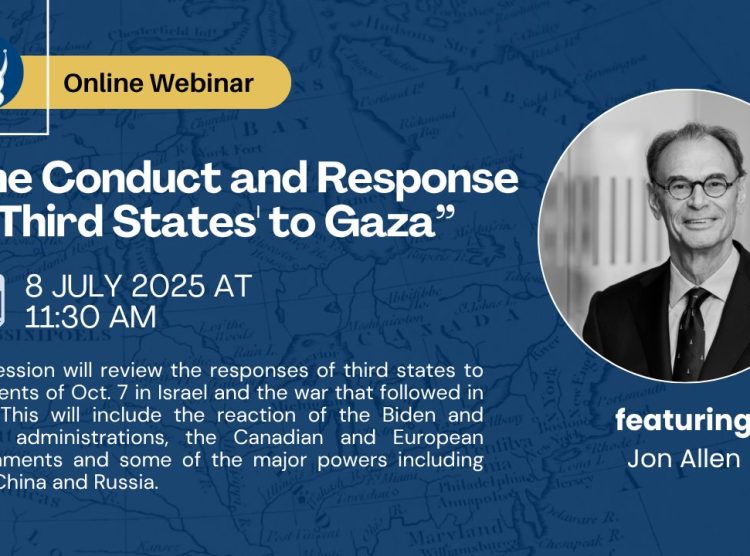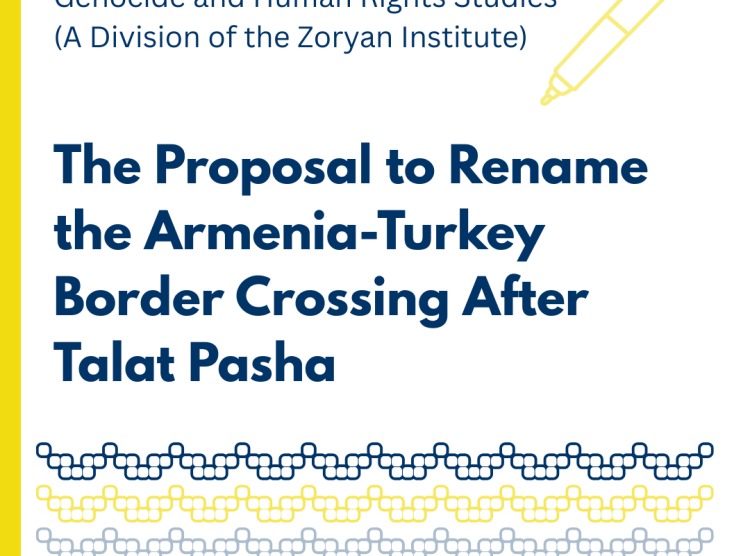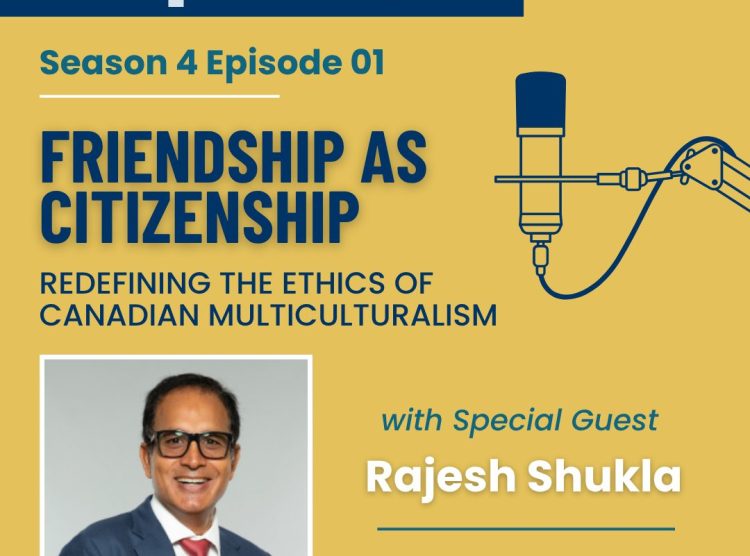April 25, 2023: Following Genocide Awareness Month, the Zoryan Institute is pleased to offer a virtual panel discussion titled, Genocide Research and Vicarious Trauma: A Self Care Discussion. This webinar will be taking place on May 4, 2023 at 12:30 pm EST and will be led by discussants, Dr. Katherine Bischoping, Associate Professor in the Department of Sociology at York University, Douglas Mathew Mawadri, an Affiliate of the Human Rights Resilience Project & Dr. Athena Madan Assistant Professor in the Department of Sociology at the University of Victoria.
Article
Genocide Research and Vicarious Trauma: A Self Care Discussion
25 Apr 2023

It has been found that researchers, students and scholars studying genocide, human rights, and atrocity crimes are at a high risk of experiencing distress, burn out, and vicarious trauma from their work. In keeping with the Institute’s mission of preparing the next generation of genocide scholars, we would like to offer resources and platforms that provide awareness, understanding and resources about the emotional toll that genocide research can take, and offer dialogue, resources and support for those working in the field.
This webinar-style panel discussion will explore the causes and impact of vicarious trauma and offer suggestions for self care and healthy research practices. To register for this discussion, please visit https://us06web.zoom.us/webinar/register/WN_TLwn2bzjTmWEf4vyRVIN8w. Those who register will also receive a link to the recorded session for future reference. It will also be available on YouTube.
Learn more about our guests!

Dr. Katherine Bischoping
Katherine Bischoping (B.Math. U of Waterloo; M.Sc., Ph.D. U of Michigan) is an Associate Professor of Sociology at York University in Toronto. Her fascination with research methods has led her from statistics to applied survey research, and then to qualitative approaches in sociology and beyond.
Within genocide studies, Katherine compared qualitative and quantitative approaches to studying Holocaust knowledge, analyzed a case of Holocaust denial in a university newspaper, and explored how the field would be transformed were genocides of Indigenous peoples to be analyzed alongside 20th century genocides, with publications in journals such as Holocaust and Genocide Studies, Public Opinion Quarterly, Contemporary Jewry, and Canadian Review of Sociology and Anthropology. A university-wide teaching award recipient, she also addressed pedagogy in genocide studies in Reflective Practice and in a 1998 contribution to Journal of Genocide Studies signally explored the phenomenon of vicarious traumatization. As interest in this topic grew, Katherine came to be invited to participate in a 2012 conference on Trauma and Secondary Traumatization in Studies of Genocide and Massive Political Violence held by The Hugo Valentin Center, Uppsala University, and contributed a chapter to the resulting book, Engaging Violence: Trauma, Memory and Representation (Ivana Maček, ed.). She also was an invited participant in a Research and Education Summit held in 2017 by the Levine Institute for Holocaust Education at the US Holocaust Memorial Museum.
Katherine’s current research focuses on qualitative methodology, particularly narrative analysis, uses of oral history interview data, and reflexive explorations of awkward moments in qualitative interviewing. With Amber Gazso (York U.) she coauthored Analyzing Talk in the Social Sciences: Narrative, Conversation, and Discourse Strategies, and with Yumi Ishii (U. of Tokyo), she coedited a special issue of Oral History Forum d’histoire orale entitled “Generations and memory: Continuity and change”. She has given workshops on narrative analysis strategies for the International Institute for Qualitative Methods (U. of Alberta) and the Institute for Social Research (York U.). During the Covid-19 pandemic, Katherine began to give a series of now over 50 hands-on workshops teaching qualitative interviewing, and in 2023 organized a symposium entitled “Qualitative Interviewing Practices and Practising” for the Resource Centre for Public Sociology (York U.).

Douglas Mathew MAWADRI
Douglas Mathew MAWADRI, is a Ugandan lawyer and Human Rights Advocate, a founding Director of Associates of Health Rights Limited (AHAR-Uganda)-a not-for-profit organization based in Kampala, Uganda. AHAR Uganda advocates for the Well-being Rights of human rights defenders and vulnerable persons. AHAR prides itself on advancing peer-based support to vulnerable groups.
Douglas has worked with marginalized communities providing legal and protection needs and extensive support. He has participated in strategic national, regional, and international advocacy projects. His recent work focuses on advancing the mental health and wellness of human rights defenders, and digital inclusion in the advancement of human rights.

Dr. Athena Madan
Dr. Athena Madan (CCC PhD CPH) is an Assistant Professor in the Sociology of Health at the University of Victoria, British Columbia. Her teaching and research interests look at humanitarian medicine and as applied to intervention implementation. Her professional and scholarly expertise includes global health; capacity building; therapeutic governance / intergenerational trauma and reconciliation; genocide and human rights; theories of change; rehabilitation of child soldiers; the militarization of aid; socio-political contexts of addictions; refugee mental health; and, health and war.
Madan has experience in more than 20 countries and five continents. Specific countries of expertise include Afghanistan, Bangladesh, Colombia, the Democratic Republic of Congo, Ethiopia, Kashmir, South Africa, and Vietnam. She has worked with Doctors Without Borders, the Carter Center, the UNHCR, the WHO, grassroots NGOs, and provided anti-racist subject matter expertise to provincial governments. Madan has also served as an election observer for the DRC, and taught in England, France, and the United States.
On a more personal note, Madan is half Filipino and half Indian; fluently bilingual in French and in English; the mother of Deven (born March 2019); the other half of Drew (a partner with Woodward & Company LLP); and the seventh of seven siblings (auspicious for a Filipino).
_________________________________________________________________________________________________________________________________
Zoryan Institute, a non-profit organization, serves the cause of scholarship and public awareness relating to issues of universal human rights, genocide, and diaspora-homeland relations. This is done through the systematic continued efforts of scholars and specialists using comparative and multidisciplinary approach and in accordance with the highest academic standards.




